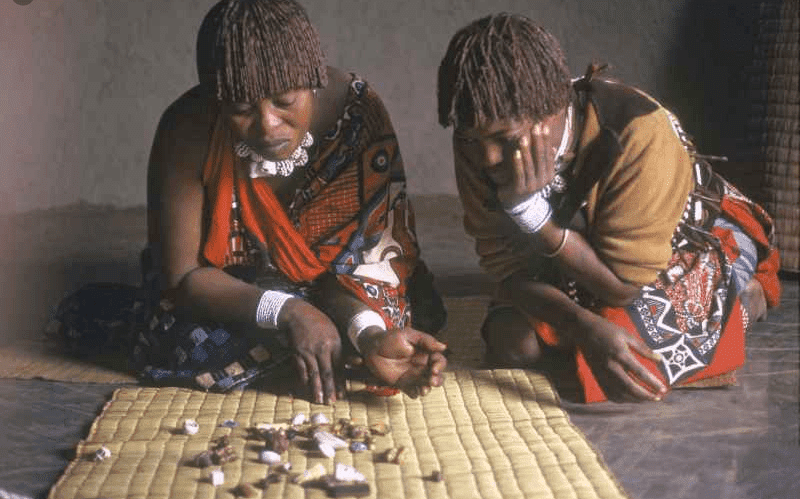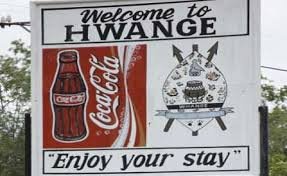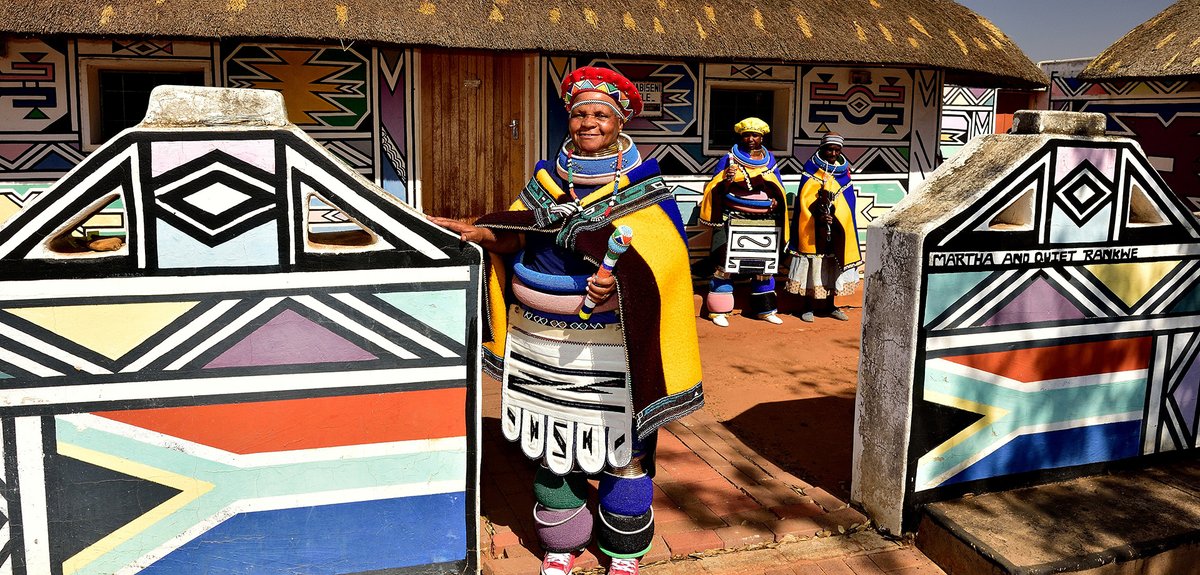
1. TRADITIONAL HEALERS IN THE NDEBELE SOCIETY OF ZIMBABWE 🇿🇼
Umnxeba..... 🏮
Human ailments & problems are divided into physical and spiritual categories in the traditional Ndebele society. There are people with gifts & callings to address various human calamities.
Umnxeba..... 🏮
Human ailments & problems are divided into physical and spiritual categories in the traditional Ndebele society. There are people with gifts & callings to address various human calamities.

2. Inyanga : Is a herbalist, the owner of herbs /impande. The spirit of a dead person who had healing powers returns & possesses a person (inyanga) and reveals all the knowledge & secrets about herbs /impande.
3. Isangoma : This person diagnoses sicknesses & their spiritual context. Isangoma then refers the patient to the inyanga where they can be helped or prescribes spiritual ceremonies to be conducted to resolve the problem.
4. Umhlahli : if a person is bewitched umhlahli has a gift to identify the person who bewitched the patient. Umhlahli specialises in sniffing and identitifying witches.
5. Abalozi : These are healers to whom the ancestors communicate through sounds like that of a whistle. They are trained to hear and interpret the sounds. They can hear the sounds in their dreams or during the day.
6. Isanusi : This is the highest in the Ndebele traditional healing hierarchy. Isanusi is a prophet, a foreteller & a seer with the ability to explain the past of the person consulting. Isanusi also foretells future events before they occur.
• • •
Missing some Tweet in this thread? You can try to
force a refresh

















